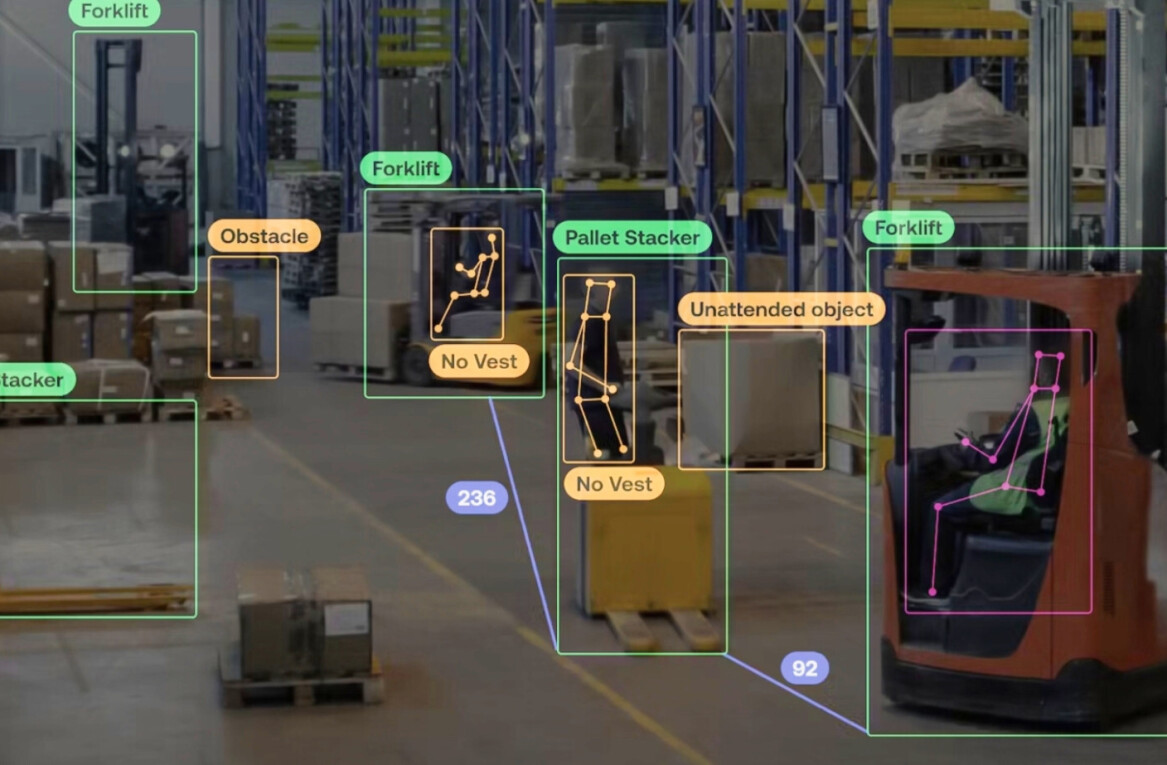
![]() So sayeth the Supreme Court in a decision yesterday on the case of Quon v. Arch Wireless. If you are a government employee, the Fourth Amendment will not protect you from a government search of your digital transmissions. The Fourth Amendment reads as follows:
So sayeth the Supreme Court in a decision yesterday on the case of Quon v. Arch Wireless. If you are a government employee, the Fourth Amendment will not protect you from a government search of your digital transmissions. The Fourth Amendment reads as follows:
The right of the people to be secure in their persons, houses, papers, and effects, against unreasonable searches and seizures, shall not be violated, and no Warrants shall issue, but upon probable cause, supported by Oath or affirmation, and particularly describing the place to be searched, and the persons or things to be seized.
The interesting element of the case, which involved a public employer looking at a number of text messages that employees were sending on work provided gadgets, was its circumstance. Employees were constantly running over their set data limits, so their employer (a government employee) took a look to see what was being sent, and if the workers needed a better plan to cover their work related texting needs. It hardly sounds unreasonable.
Private companies have been able to carry out such searches for time immemorial, but it gets sticky when the government does it. The Fourth Amendment protects private citizens against Government searches. However, the court ruled that if you work for the government, and the government wants to look at what you are doing (in the case of Quon v. Arch Wireless, sending sexts all day on your work pager) on a work device, they can do so.
It makes sense when you put it in perspective: the worker-employer relationship should be the same no matter who pays your salary. Still, you can bet that the millions of government employees out there today are going to tread a touch lighter in their use of government electronics, now that they are emphatically no longer private.
Get the TNW newsletter
Get the most important tech news in your inbox each week.




